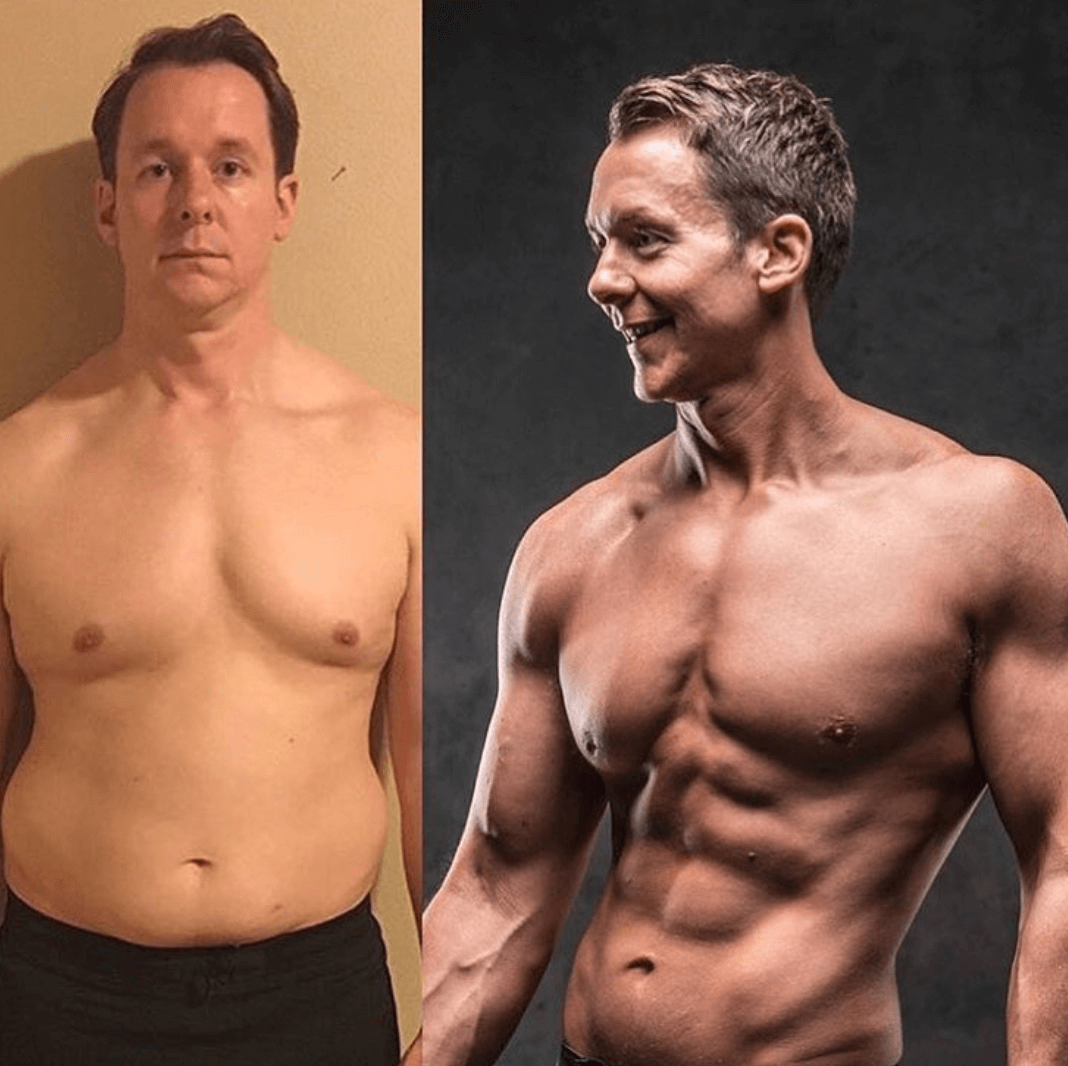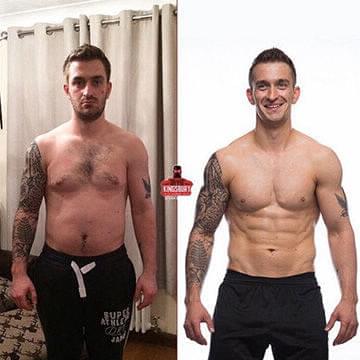At this time of year, now things have settled down and your social calendar probably isn’t as busy, life should be getting back to ‘normal[ (whatever ‘normal’ is!). For some people, those good intentions to lose weight, get fit or build muscle will be a distant memory, but for those of us who are serious about it, we’ll be gearing up, ready for the long-haul. That in itself can be a problem though.
I’m sure many of you will now have instilled training and fitness as a core part of your weekly routine, which is fantastic. Keep doing that! The danger though, is that this new found enthusiasm to improve your body can lead to problems if you over-train. Yeah, that’s a thing, so let’s take a look.
As the name suggests, over-training, is simply when you train more than your body can recover from. Remember, you don’t build muscles in the gym or during your workout, you build them during your recovery. Far too many people think that spending 6 hours in the gym is better than 3, or working out every day is a shortcut to the perfect body. It’s not. That said, it’s important to be able to differentiate between feeling sore after completing a big session and feeling the effects of overtraining.
As I’ve touched on already, your muscles grow and get stronger because, when you are training, you’re effectively damaging them a little. As you rest, they repair themselves, coming back bigger and better than before, ready to move closer to your target next time. This is way resting is so important to your training. There are no shortcuts to your goals.
Even if you warm-down correctly and stretch out properly (get a foam roller to help this, if you haven’t already) after your sessions, you may still feel it the next day. The problem is when you’re feeling sore and in pain consistently, that can be a sign of over-training. If subsequent sessions are a struggle, you’re having trouble sleeping or suffering from constant headaches, then these are the telltale signs to look for of OTS; Over Training Syndrome. That’s also a thing!
Training hard is great, but there’s a balance to be had between a great session and over-training. Go beyond it, and you’ll pay the price. So how do you avoid it? Good question!
My first piece of advice is a simple one, but is key to avoid over training. Don’t train more than you need to. The fact is that training more doesn’t mean better results. If only that was the case; no shortcuts remember! It’s about quality, not quantity.
You’ll know your body better than anyone, so listen to it and work around it. If you get the most from it by exercising 4 days a week, then stick to that. You’ll understand very quickly where and when you ache less afterwards or how you can keep your motivation high. It’s about being efficient with your training and understanding your body. Also, if you do pick up an injury, don’t just push through it – take the time to recover properly. It will be worth it in the long run.
I know it can be hard, particularly for those new to training, to manage the training / recovery cycle, but rest is needed.
I completely get that it can feel like you’re not doing ‘something’ productive when you miss the gym, but in this context, doing nothing IS doing something, it’s just not always easy to quantify. You might want to go to the gym all day, every day, but that’s not how it works.
Your body needs rest to recover and repair the damage that training inflicts on it so you can smash your goals. Trust me, that IS how it works.










